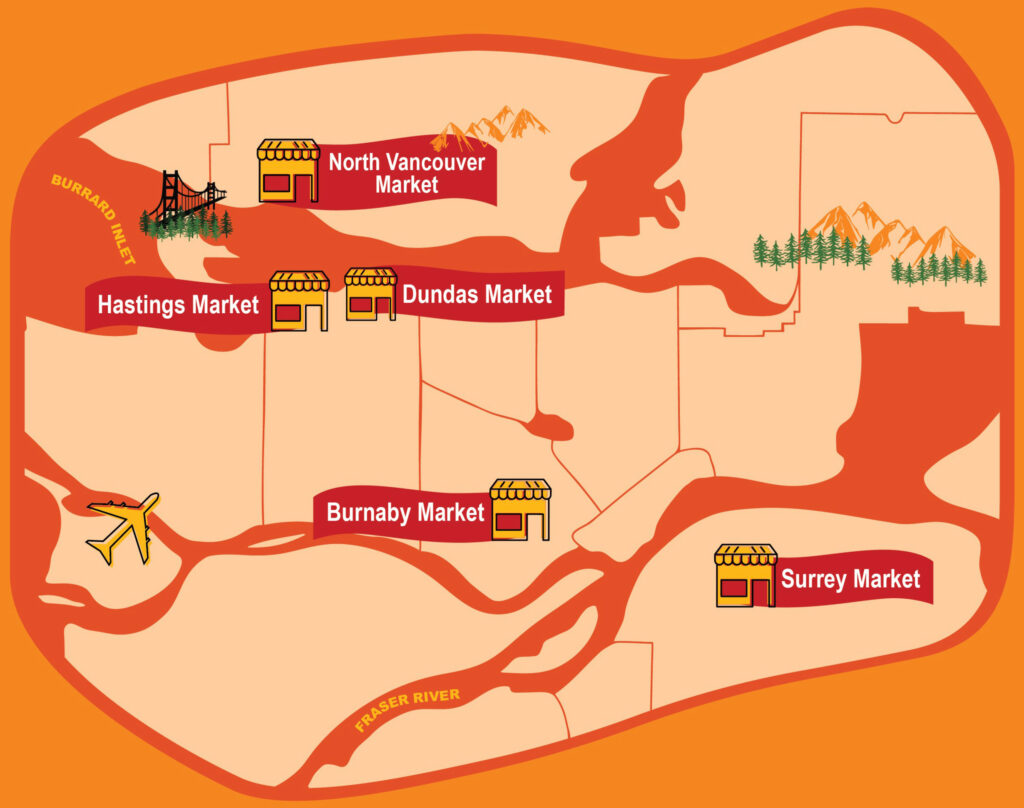Partnering For Change
At the heart of Quest’s mission lies a simple, yet powerful concept: repurpose, redistribute and reimagine. Through partnerships with food retailers, local grocers, distributors and producers, Quest leverages short-dated, overstock and surplus goods that would otherwise end up in our landfills.
These partnerships are not just transactional but are built on a foundation of shared values and mutual goals. By aligning with businesses that are committed to sustainability and social responsibility, Quest is able to create a network that supports both the community and the environment. These collaborations also offer businesses a way to contribute positively to society, give back to their local communities and minimize waste at the same time. Through these efforts, Quest demonstrates the power of collective action in addressing pressing social and environmental challenges.
From Surplus to Sustenance
Upon receiving donations, the Quest team swings in action! Through our repackaging department, with the help of our gracious volunteers, they transform large food packages into smaller packs that match our Clients’ needs.
Once repacked, food items are then swiftly redistributed to our Clients, consisting of individuals and families that may be facing economic hurdles. By ensuring access to healthy and affordable food, Quest not only plays a part in combating food insecurity but also empowers individuals to focus on their well-being. Through our works of sustenance, we strive to foster resilience within our communities.
Raising Awareness and Inspiring Action
Quest doesn’t stop at redistributing food; we’re here to spark conversation about the importance of reducing food waste and adopting more sustainable practices. We aim to destigmatize the notion surrounding ‘flawed’ food, short-dated products and items nearing their best-before dates.
Discussing the reality of food waste and the nutritional offerings of imperfect, but still perfectly edible items helps us to make more informed decisions. Through advocacy and enablement, we learn to embrace these foods and recognize their value in fighting food insecurity and promoting environmental stewardship.


